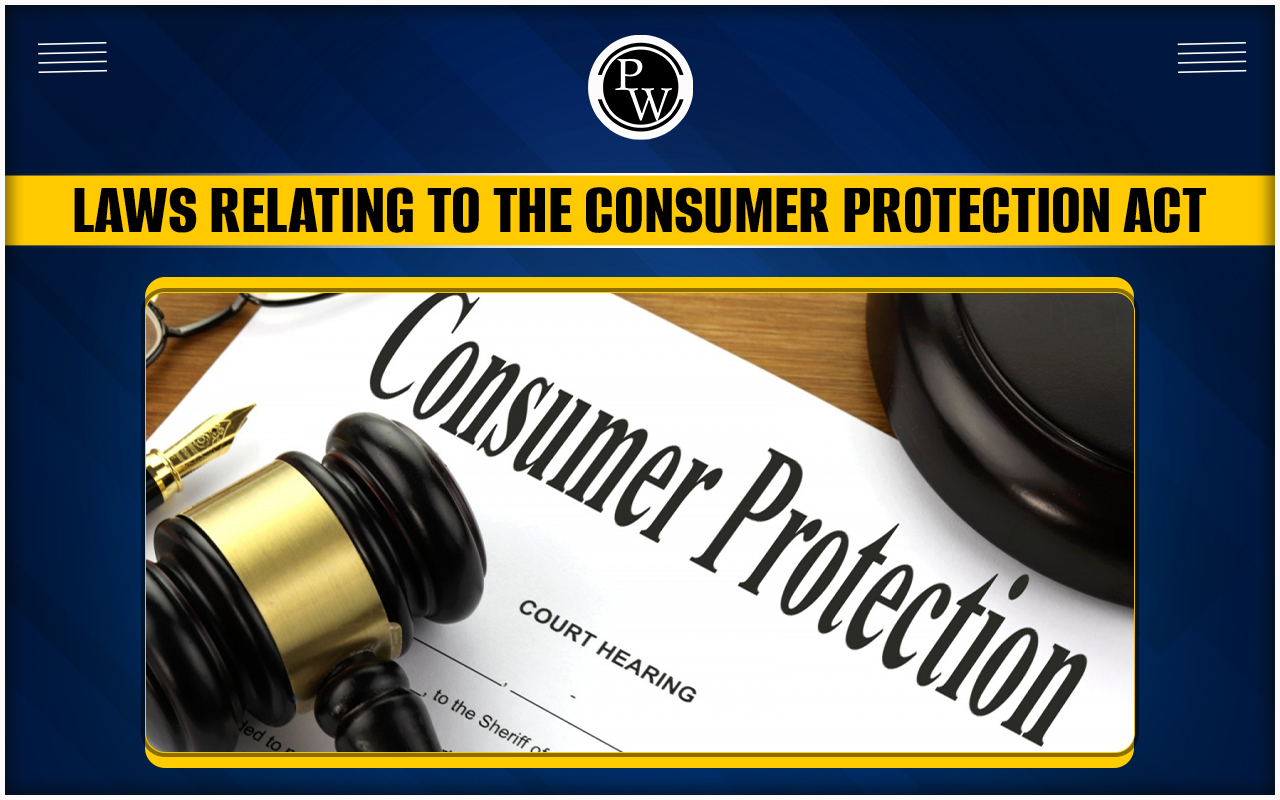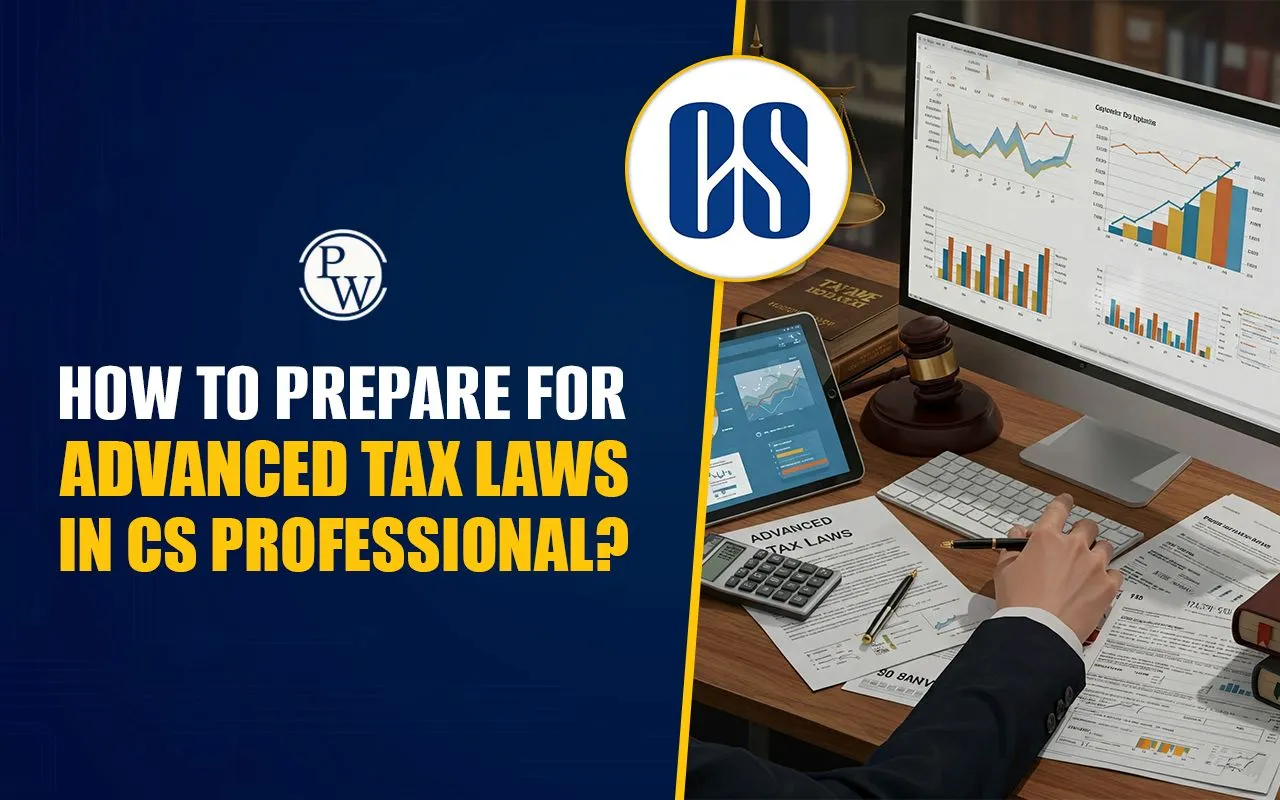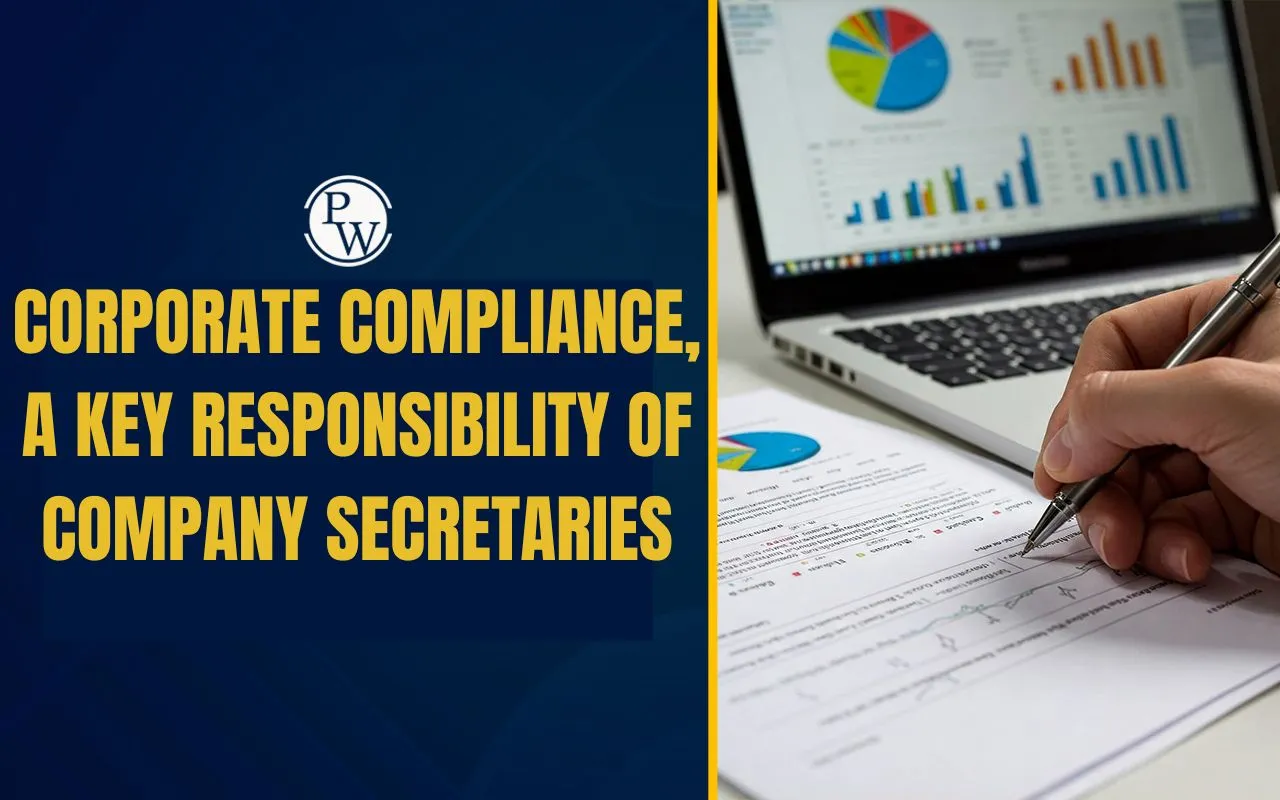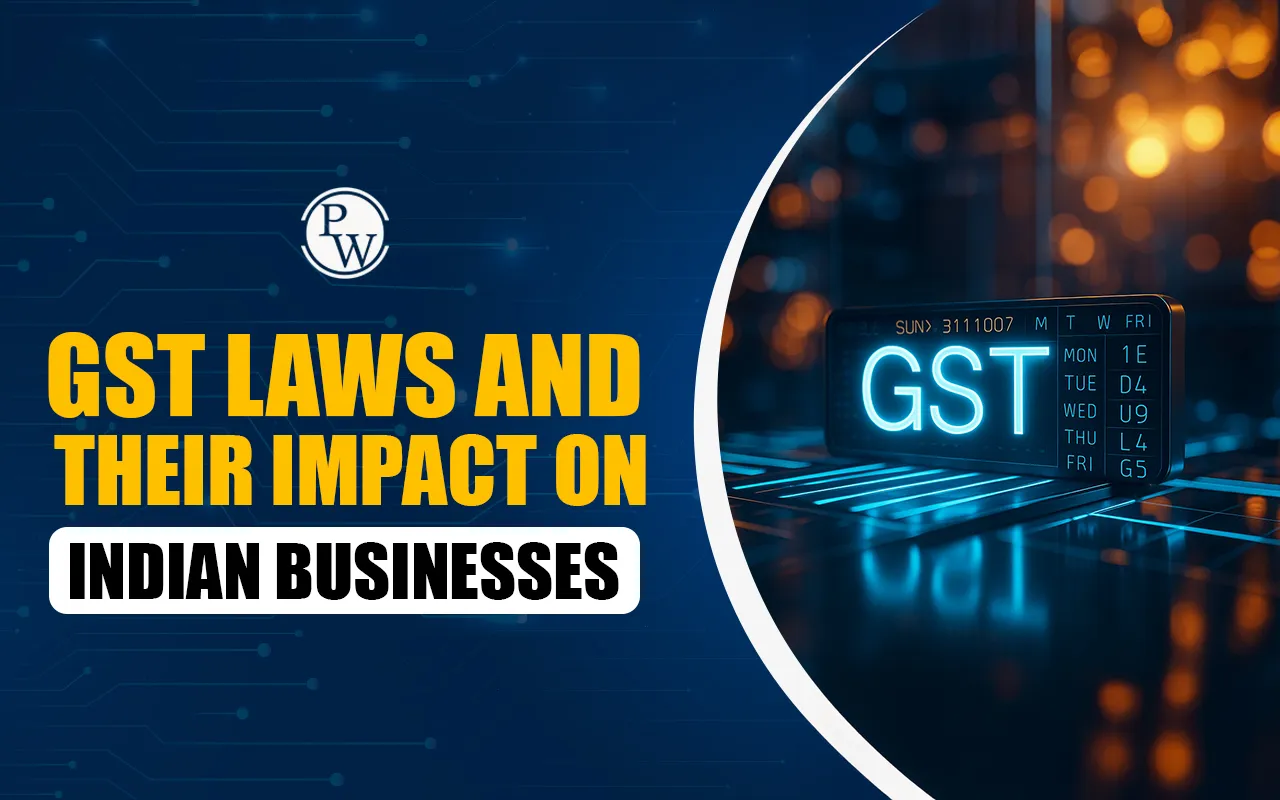

The laws relating to the Consumer Protection Act were introduced in 1986 to provide quick and easy compensation for consumer complaints. It protects and encourages consumers to speak up against defects in goods and services. This act protects consumer rights if traders or manufacturers engage in illegal practices.
The main goal is to help both parties and avoid lengthy lawsuits. This act covers all goods and services from public, private, or cooperative sectors, except those exempted by the central government. It allows consumers to file complaints and grants compensation for their troubles.Why was the Consumer Protection Act Enforced?
Consumers are the most significant economic group that affects and is affected by almost all financial decisions, both public and private. They make up two-thirds of all economic spending. Despite their importance, consumers are often poorly organized, and their opinions are usually ignored. This led to the formation of the Consumer Protection (CP) Act. The aim is to protect consumers' interests and focus on safeguarding consumers.Definition of a Consumer
A consumer is someone who buys or pays for goods or services. If the goods are purchased for personal use, the buyer is a consumer, and if the goods or services are used for business purposes, the buyer is not considered a consumer. The Consumer Protection law should clearly explain what "consumer" means to avoid confusion.The Rights and Duties of Consumers
Consumer rights aim to protect consumers' interests. Many laws in the Constitution of India support these rights. These laws also obligate retailers, manufacturers, distributors, and service providers. Consumers now have a wide range of rights. Many of these rights are enforced with penalties that make them more than just social norms.Rights of the Consumer
The following rights of consumers are listed below:- Right to Safety : Consumers can ask for quality and guarantees before buying. They should look for certified products like ISI or AGMARK.
- Right to Choose : Consumers should have options to choose from various goods at competitive prices.
- Right to be Informed : Buyers should get all necessary product details to make wise decisions.
- Right to Consumer Education : Consumers should know their rights to avoid exploitation. Ignorance can be costly.
- Right to be Heard : Consumers should be able to express their complaints at an appropriate forum.
- Right to Seek Compensation : Consumers can seek redress against unfair practices or exploitation.
Duties of Consumer
The various duties of a consumer as per the Consumer Protection Act are listed below:- Safety and Quality: Before purchasing the goods, ensure the products and services meet safety and quality standards.
- Independent Choices: Understand your needs and make decisions based on what you truly want.
- Voice Complaints: Do not hesitate to express your problems and communicate your needs to traders.
- Honest Complaints: If dissatisfied with goods or services, file complaints honestly and fairly.
- Act Fairly: Avoid engaging in deceptive practices and always act ethically.
Understanding Consumer Protection Act 1986
The Consumer Protection Act of 1986 was a significant step forward in safeguarding consumers in India. Before this act, other laws like the Monopolies and Restrictive Trade Practices Act and the Prevention of Food Adulteration Act addressed various issues. However, introducing the Consumer Protection Act under Prime Minister Rajiv Gandhi's leadership brought a significant change. This Act was a milestone in the consumer movement, which aimed to protect consumers from unfair practices and ensure better support for their rights.Provisions of the Consumer Protection Act 1986
The various provisions of this primary law of Consumer Protection of 1986 are listed below:- Framework for Consumer Protection: It ensures consumer rights and fair trade practices, including online transactions in all goods and services.
- Consumer Councils: They promote consumer awareness and resolve issues at district, state, and national levels.
- Product Liability and Misleading Advertisements: They hold manufacturers and sellers accountable for defective products and prevent false advertising.
- Consumer Rights: Consumers can voice complaints, seek compensation for grievances, be educated about their rights, and make informed decisions.
- Jurisdiction and Procedures: Guidelines for filing complaints, hearing cases, and delivering judgments.
- Compensation and Penalties: The law provisions for compensating consumers and imposing penalties on guilty parties.
How is a Complaint Filed under the Consumer Protection Act?
The various details involved in filing a complaint under the Consumer Protection Act are listed below:- File on Time: You must file your complaint within two years of buying the product or service.
- Describe the issue: Clearly explain what went wrong. Specify if you want the product replaced or repaired or if you seek compensation for any trouble caused. Your request should be reasonable.
- Attach Documents: Include all relevant receipts, bills, and other proof with your complaint.
- Send Your Complaint: Submit your complaint to the consumer forum by email, registered post, fax, or hand delivery. Make sure to get an acknowledgment of receipt.
- Use Any Language: You can write your complaint in any language you prefer.
- Keep Records: Save copies of all documents you send and receive during the complaint process.
Rising Need for Global Consumer Protection Laws
As global markets become more connected, consumer laws must extend beyond national borders. The International Consumer Protection and Enforcement Network (ICPEN) is the primary global group that enforces consumer laws across countries. It includes agencies from over 60 nations and helps them work together. However, it only covers about a third of all countries, so expanding its reach is important for proper global protection.Consumer Protection Laws in E-commerce
E-commerce involves selling products and services online that make transactions efficient and competitive. Consumer protection in e-commerce is a global concern. To address this, the Consumer Protection (E-Commerce) Rules, 2020 were introduced under the Consumer Protection Act, 2019. These rules improve the system for handling online consumer complaints and protect consumers' rights. Involvement from the judiciary and clear guidelines provide additional protection and support to the growth of e-commerce in India. Consumer protection laws ensure fair and safe buying and selling for everyone. They prevent unfair practices that can harm people financially or physically and aim to give regular buyers the same rights and protections as businesses. These laws help create a balanced marketplace for all consumers. Preparing for the CS Executive December 2024 exam? Join P W Physics Wallah CS Online Classes and learn from experienced teachers with comprehensive study materials covering the entire CS executive syllabus 2024.Laws Relating to the Consumer Protection Act FAQs
Which is not covered under consumer protection?
Individuals who obtain any goods for resale or commercial use are not considered consumers under the Consumer Protection Act.
In which state is the consumer protection act not applicable?
The act extends to the whole of India, except Jammu and Kashmir.
What is the complete form of COPRA?
The complete form of COPRA is the Consumer Protection Act of 1986.
What is the defect under COPRA 1986?
🔥 Trending Blogs
Talk to a counsellorHave doubts? Our support team will be happy to assist you!

Free Learning Resources
PW Books
Notes (Class 10-12)
PW Study Materials
Notes (Class 6-9)
Ncert Solutions
Govt Exams
Class 6th to 12th Online Courses
Govt Job Exams Courses
UPSC Coaching
Defence Exam Coaching
Gate Exam Coaching
Other Exams
Know about Physics Wallah
Physics Wallah is an Indian edtech platform that provides accessible & comprehensive learning experiences to students from Class 6th to postgraduate level. We also provide extensive NCERT solutions, sample paper, NEET, JEE Mains, BITSAT previous year papers & more such resources to students. Physics Wallah also caters to over 3.5 million registered students and over 78 lakh+ Youtube subscribers with 4.8 rating on its app.
We Stand Out because
We provide students with intensive courses with India’s qualified & experienced faculties & mentors. PW strives to make the learning experience comprehensive and accessible for students of all sections of society. We believe in empowering every single student who couldn't dream of a good career in engineering and medical field earlier.
Our Key Focus Areas
Physics Wallah's main focus is to make the learning experience as economical as possible for all students. With our affordable courses like Lakshya, Udaan and Arjuna and many others, we have been able to provide a platform for lakhs of aspirants. From providing Chemistry, Maths, Physics formula to giving e-books of eminent authors like RD Sharma, RS Aggarwal and Lakhmir Singh, PW focuses on every single student's need for preparation.
What Makes Us Different
Physics Wallah strives to develop a comprehensive pedagogical structure for students, where they get a state-of-the-art learning experience with study material and resources. Apart from catering students preparing for JEE Mains and NEET, PW also provides study material for each state board like Uttar Pradesh, Bihar, and others
Copyright © 2025 Physicswallah Limited All rights reserved.











